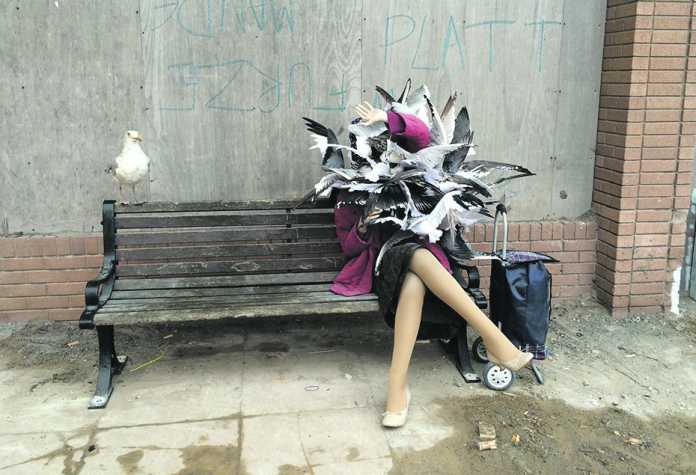by Alan Jacques
alan@limerickpost.ie

Birdwatch Ireland Limerick branch secretary Maura Turner said that while she appreciates that people like to throw food into flocks of birds on the River Shannon, a gull that is not used to being fed by humans does not associate humans with food and will maintain a healthy fear of people and avoid getting close.
Ireland is home to a dozen or so different species of gull, and while some of these do favour a marine environment, many are by no means tied to the sea.
“The species that has featured most prominently in the recent hysteria is the herring gull, a large member of the gull family that can be seen daily on the Shannon river in Limerick city, generally swimming or preening on the banks,” Ms Turner explained.
“While this species is certainly more numerous in coastal areas, it is also often found well inland, and this has been the case for centuries. It also needs to be remembered that most of Ireland’s main cities are coastal, and have always been home to gull populations,” she added.
In recent years, two species in particular, the herring gull and the lesser black-backed gull, have begun to nest on city rooftops.
“This doesn’t, however, mean that our national populations of these species have increased. Indeed, Irish herring gull numbers have declined by well over 50 per cent over the past few decades, and the species is on Birdwatch Ireland’s ‘red list’, meaning it is of particular conservation concern.”
She said it’s no coincidence that people become more aware of urban herring gulls at this time of year.
“Media tales of aggressive gulls appear during Mid-July to Mid-August every year.
“That’s because this is the time when the gull chicks are getting ready to leave their nests, and their parents become extremely protective and agitated when their offspring are at their most vulnerable. They will sometimes squawk and even swoop at people or pets if they feel that these pose a threat to their young, but this behaviour will cease within the next few weeks when their chicks have left home and are fending for themselves.”
Birdwatch Ireland is now strongly discouraging people from feeding gulls.
“We often, quite bizarrely, harbour prejudice against animals that mostly scavenge for a living, but in fact urban scavengers such as herring gulls do us a great service. They efficiently dispose of discarded food waste that would otherwise attract rodents and other vermin. They help to keep our beaches clean and they remove roadkill and other decomposing animal remains,” she explained.
The Limerick Branch of Birdwatch Ireland are planning a talk on the interaction of gulls and humans. For more details visit the Limerick branch of Birdwatch Ireland’s Facebook page.










